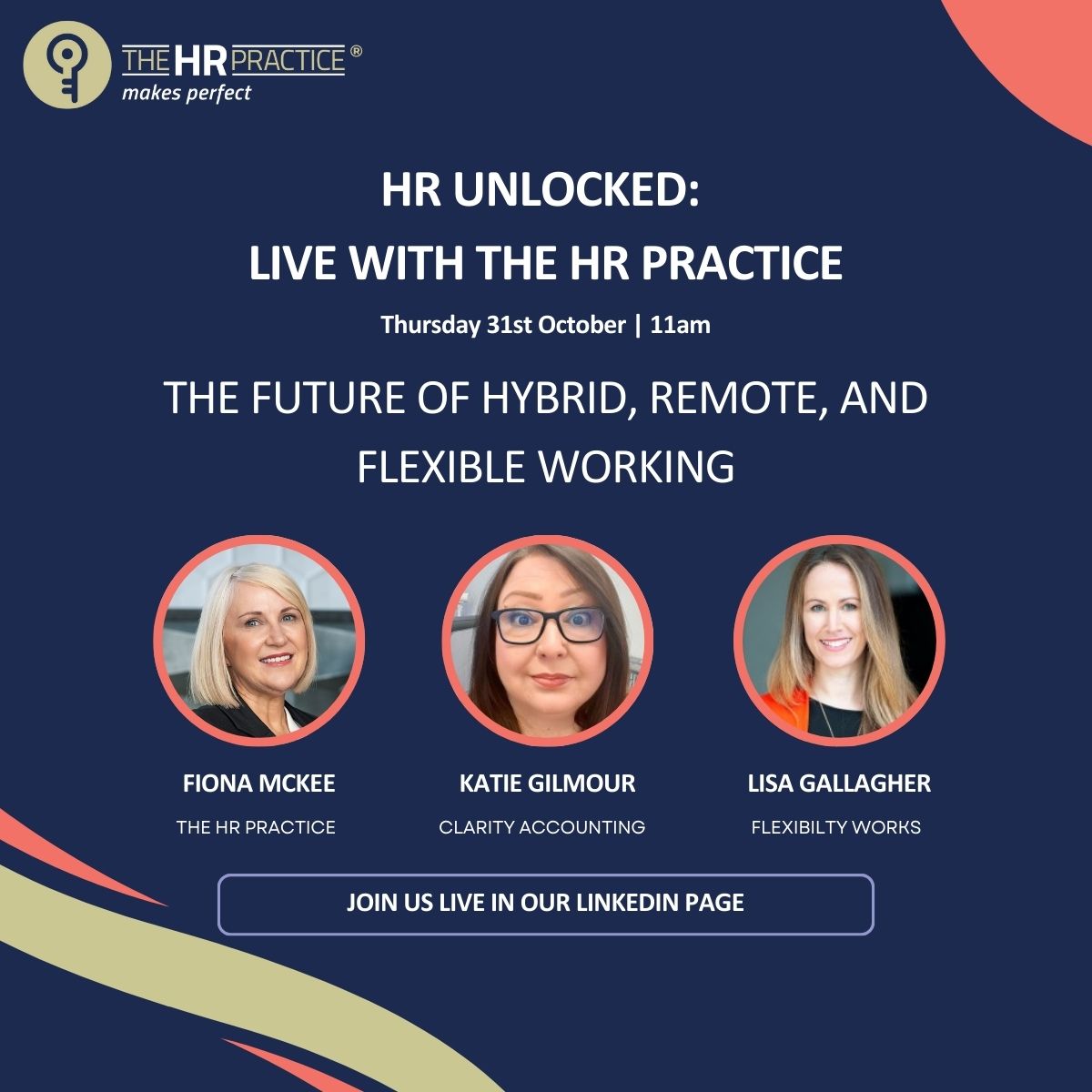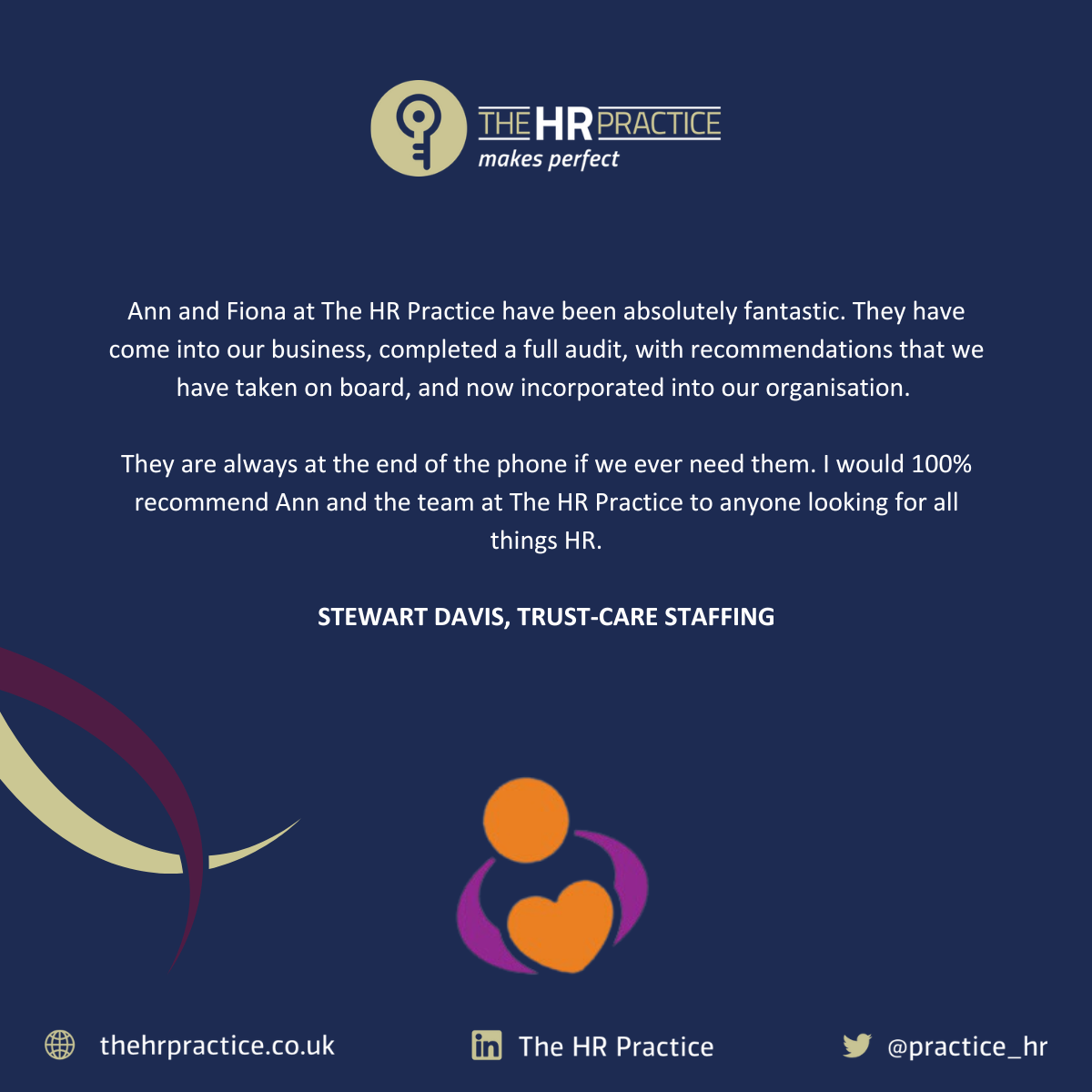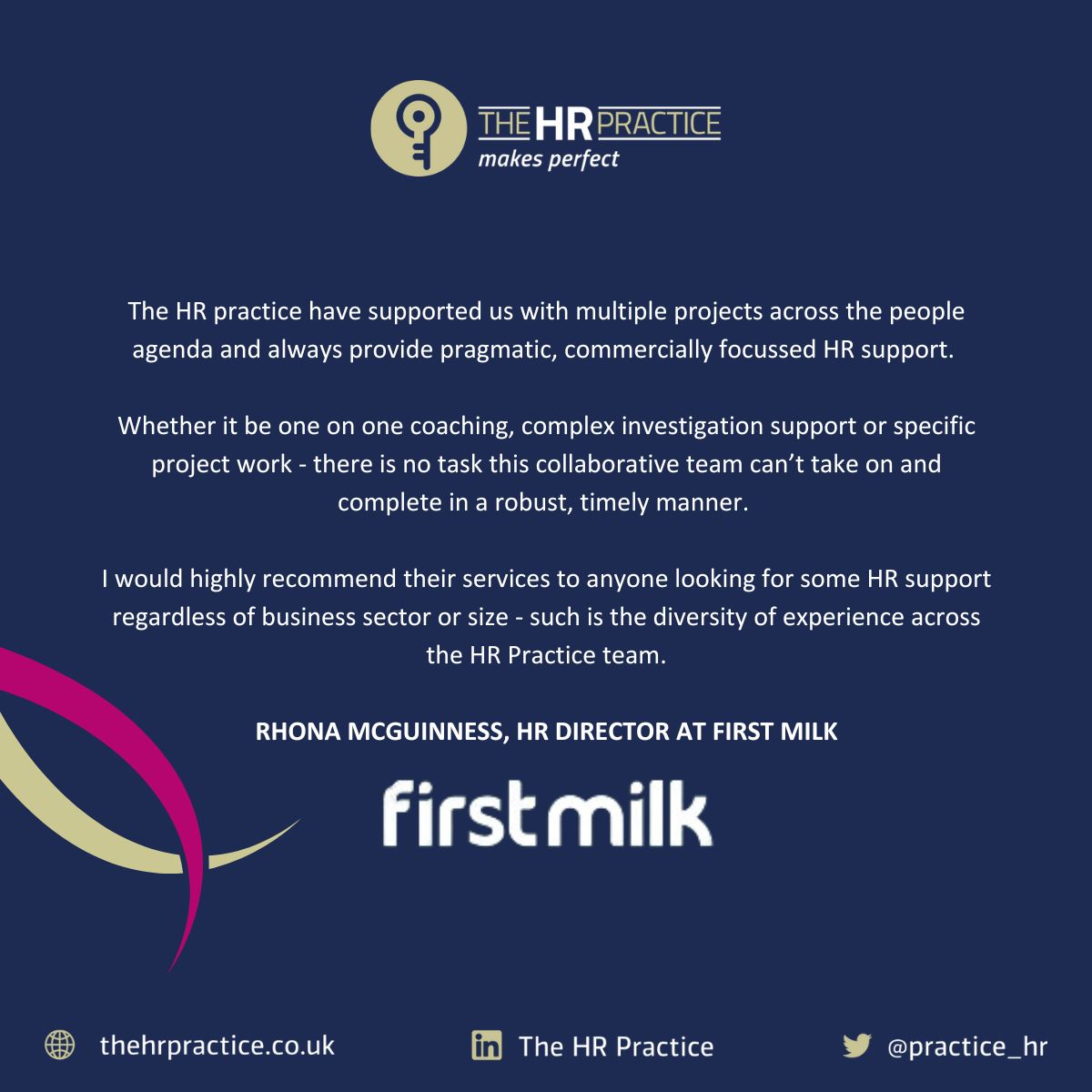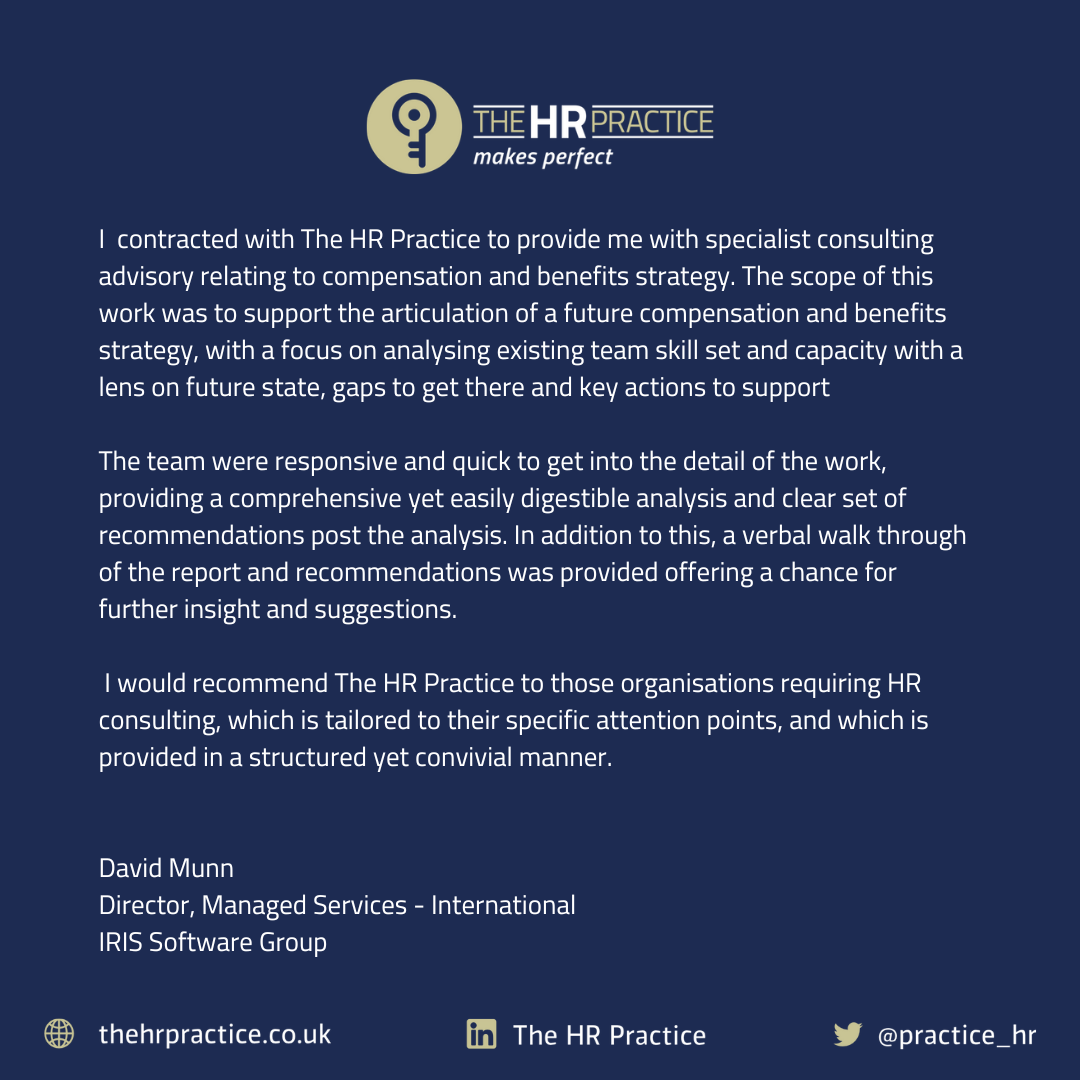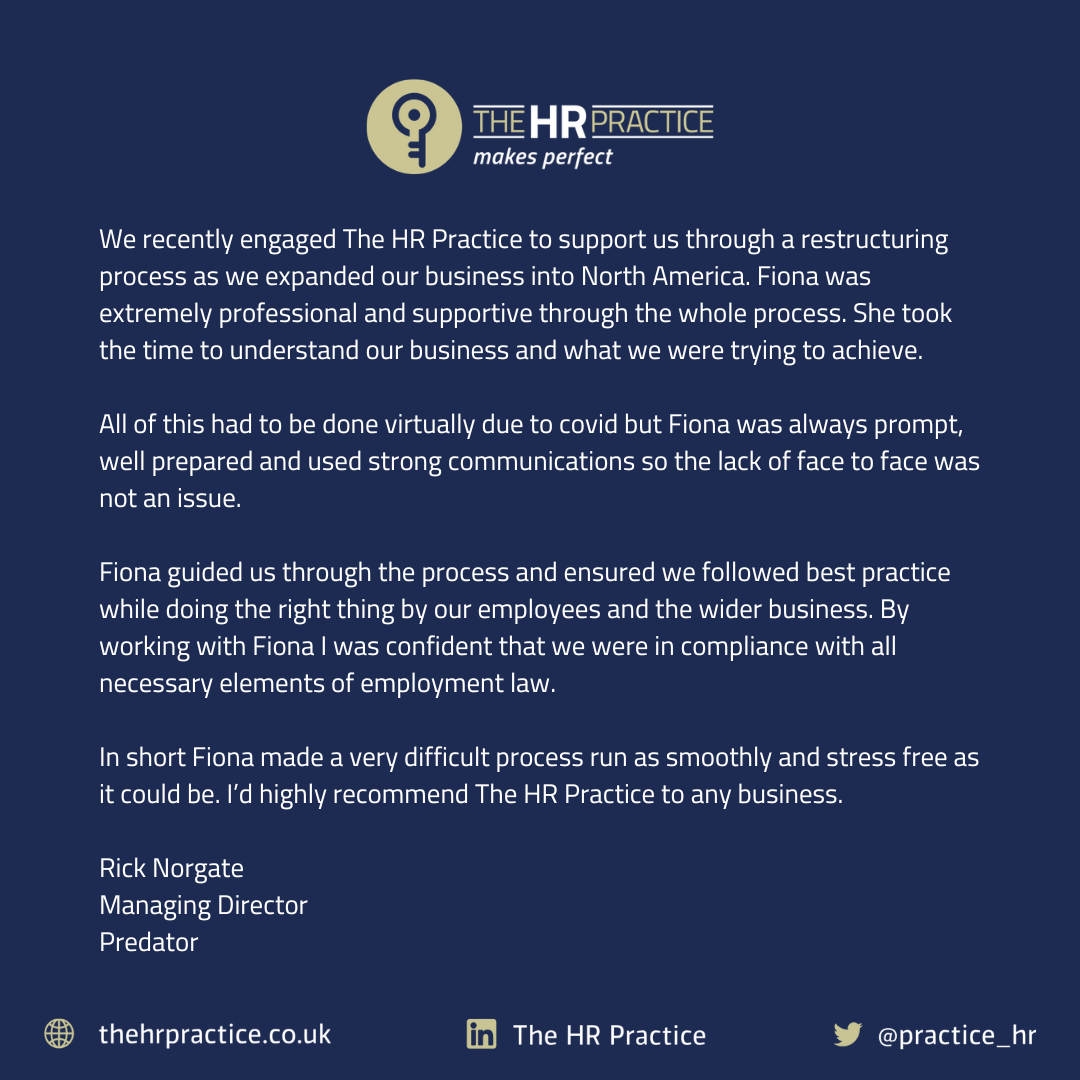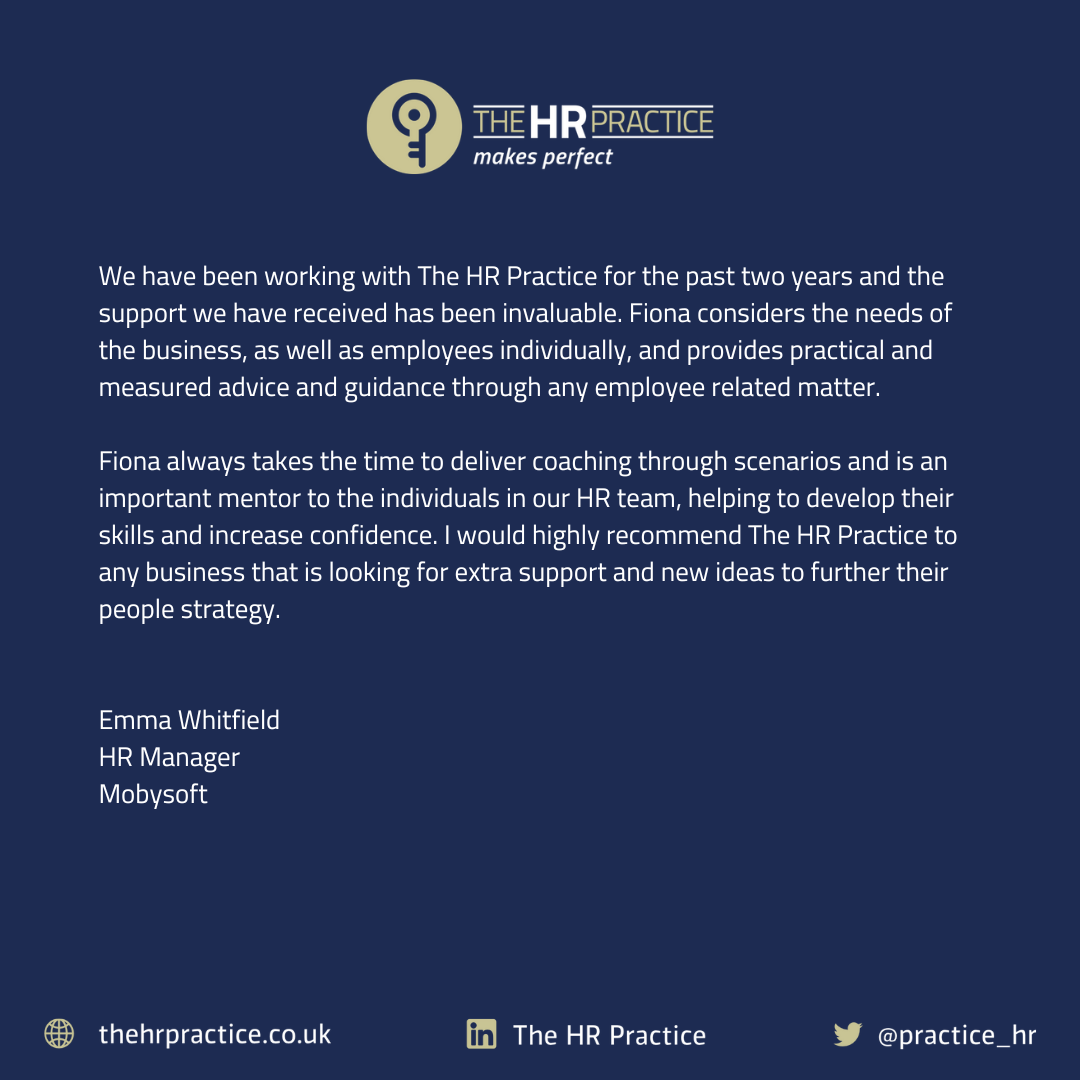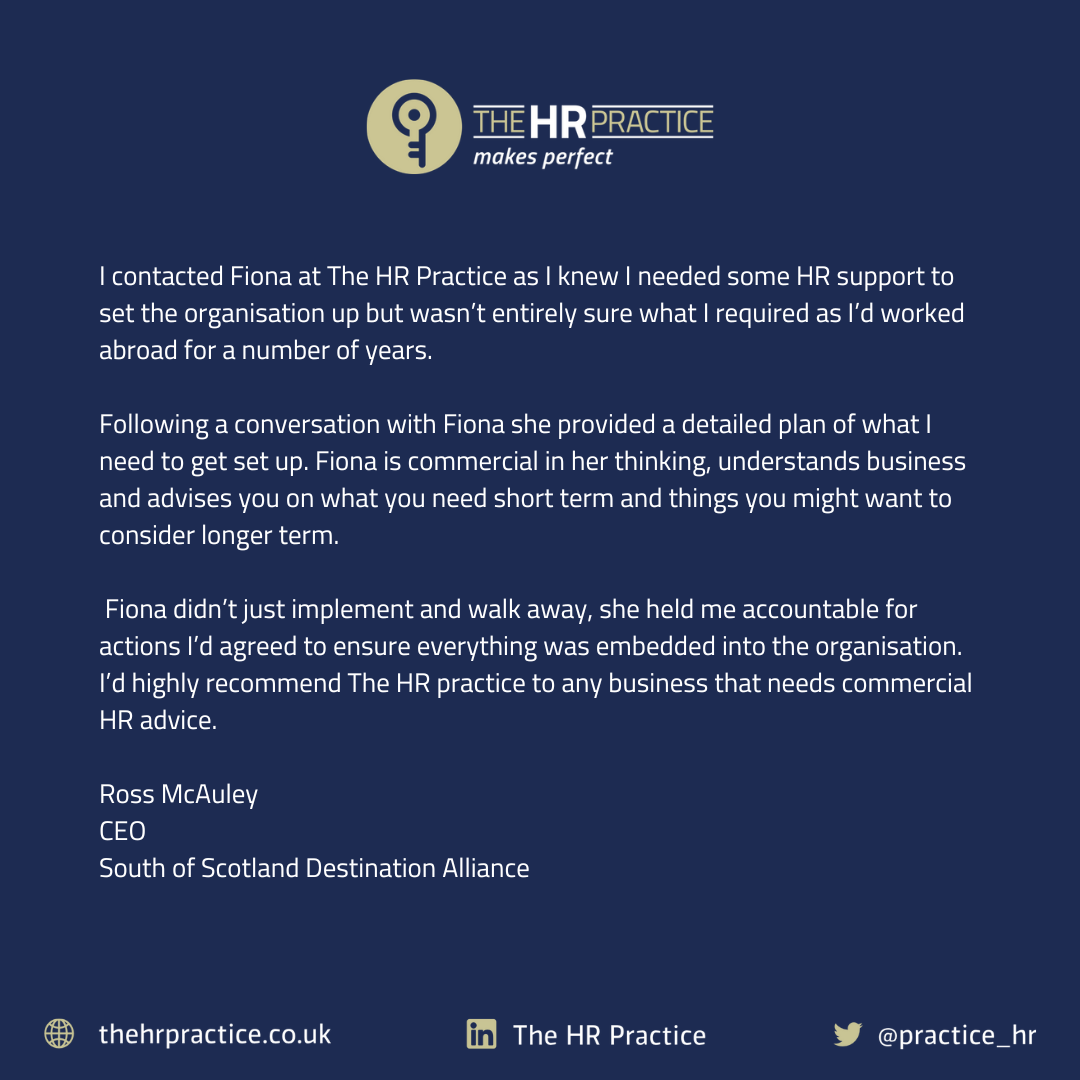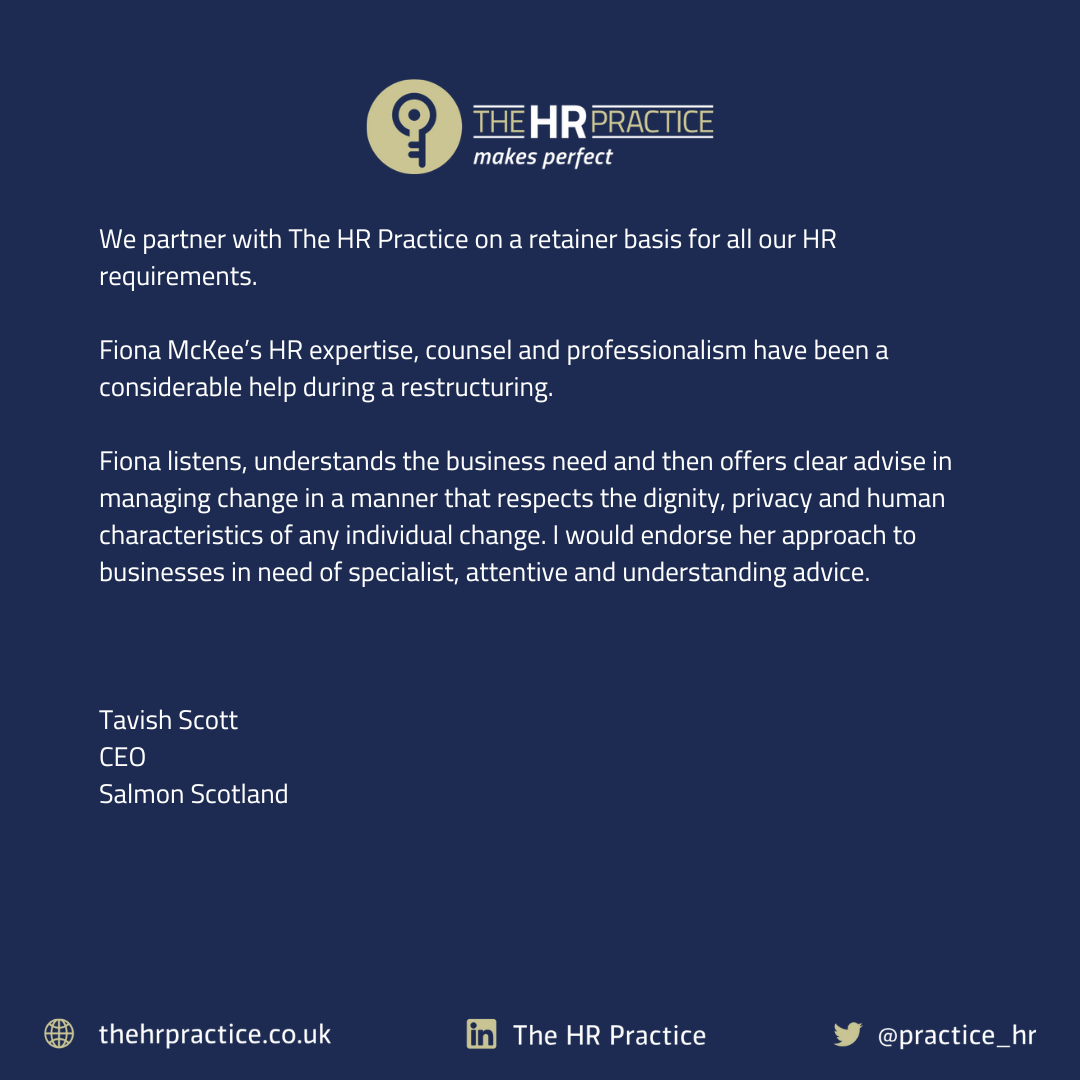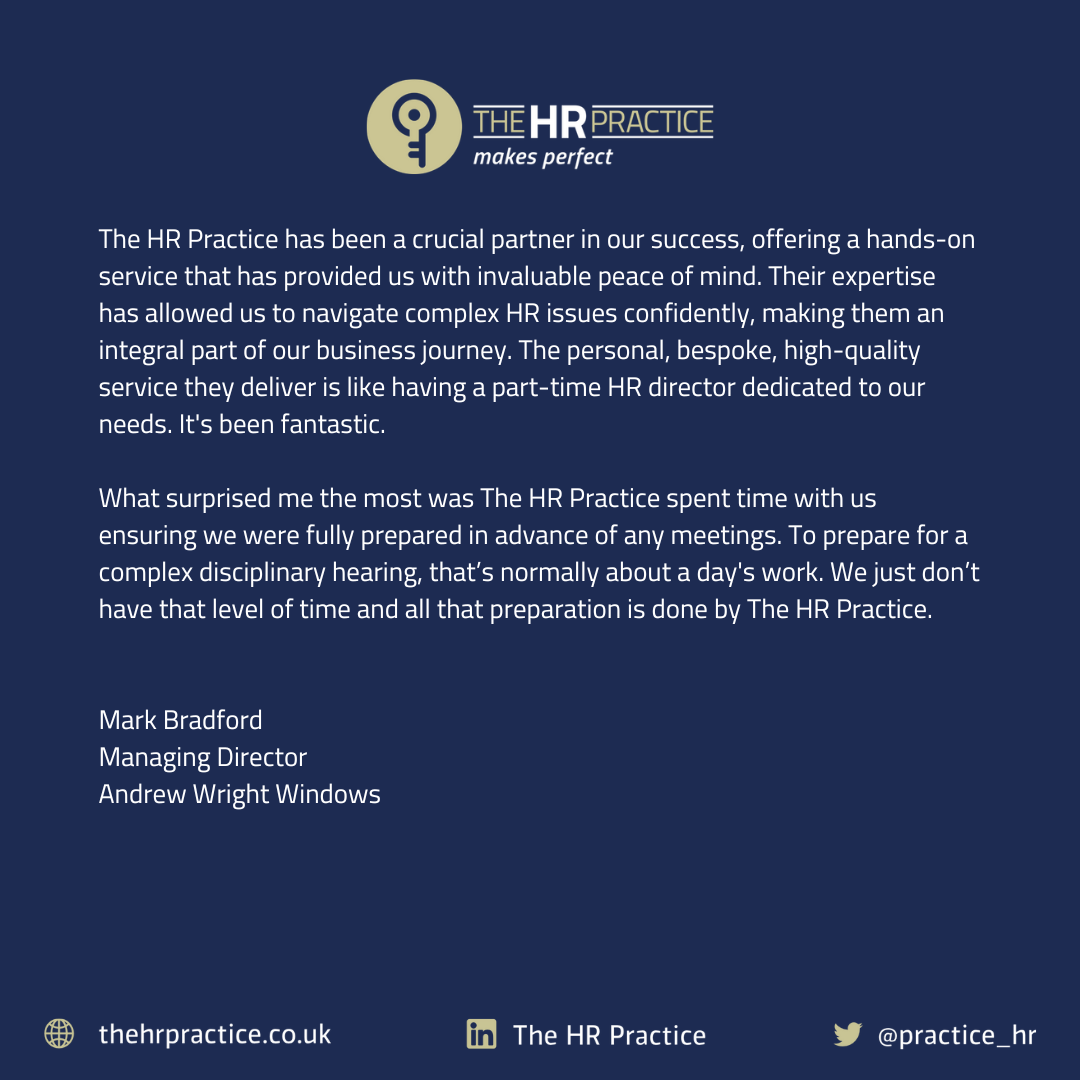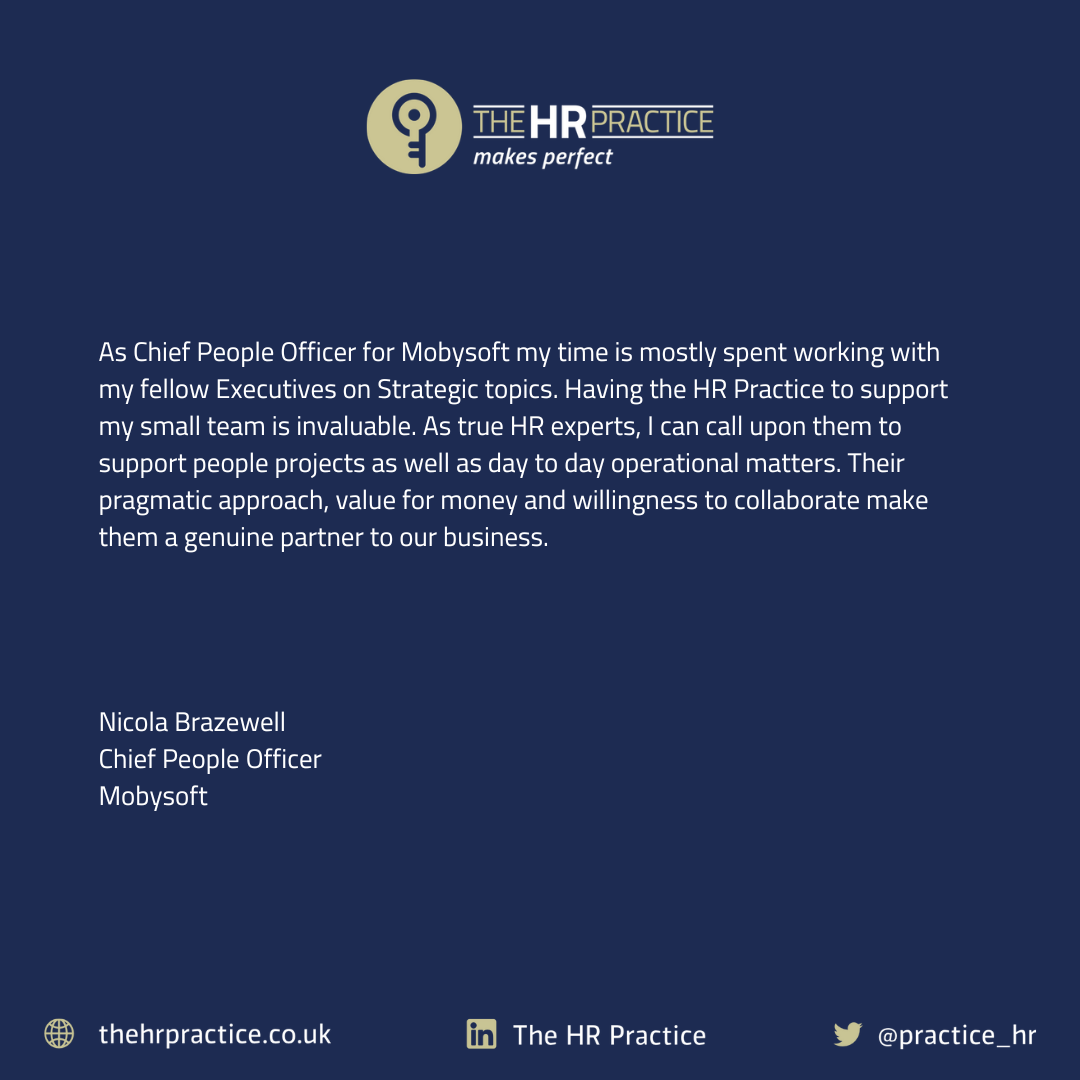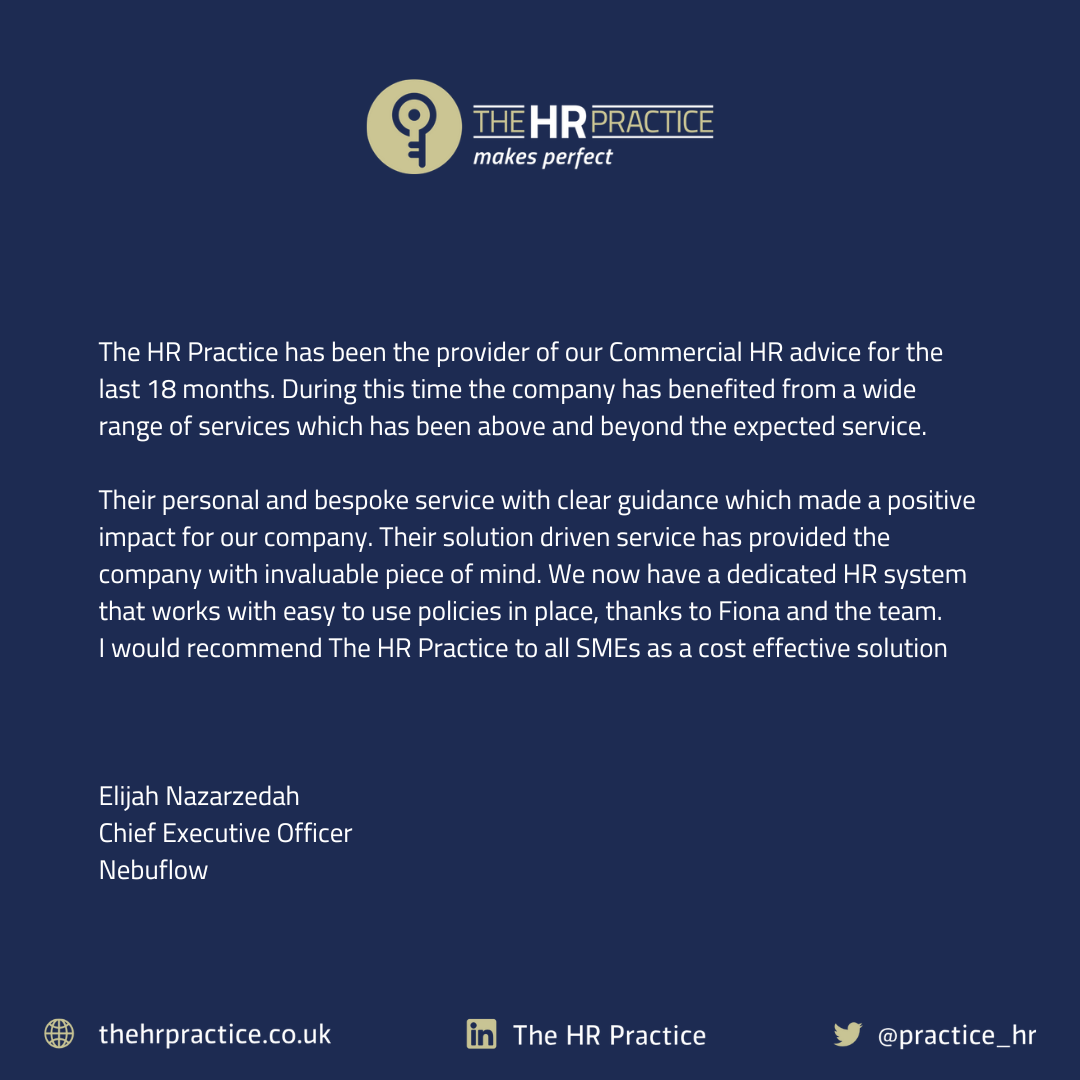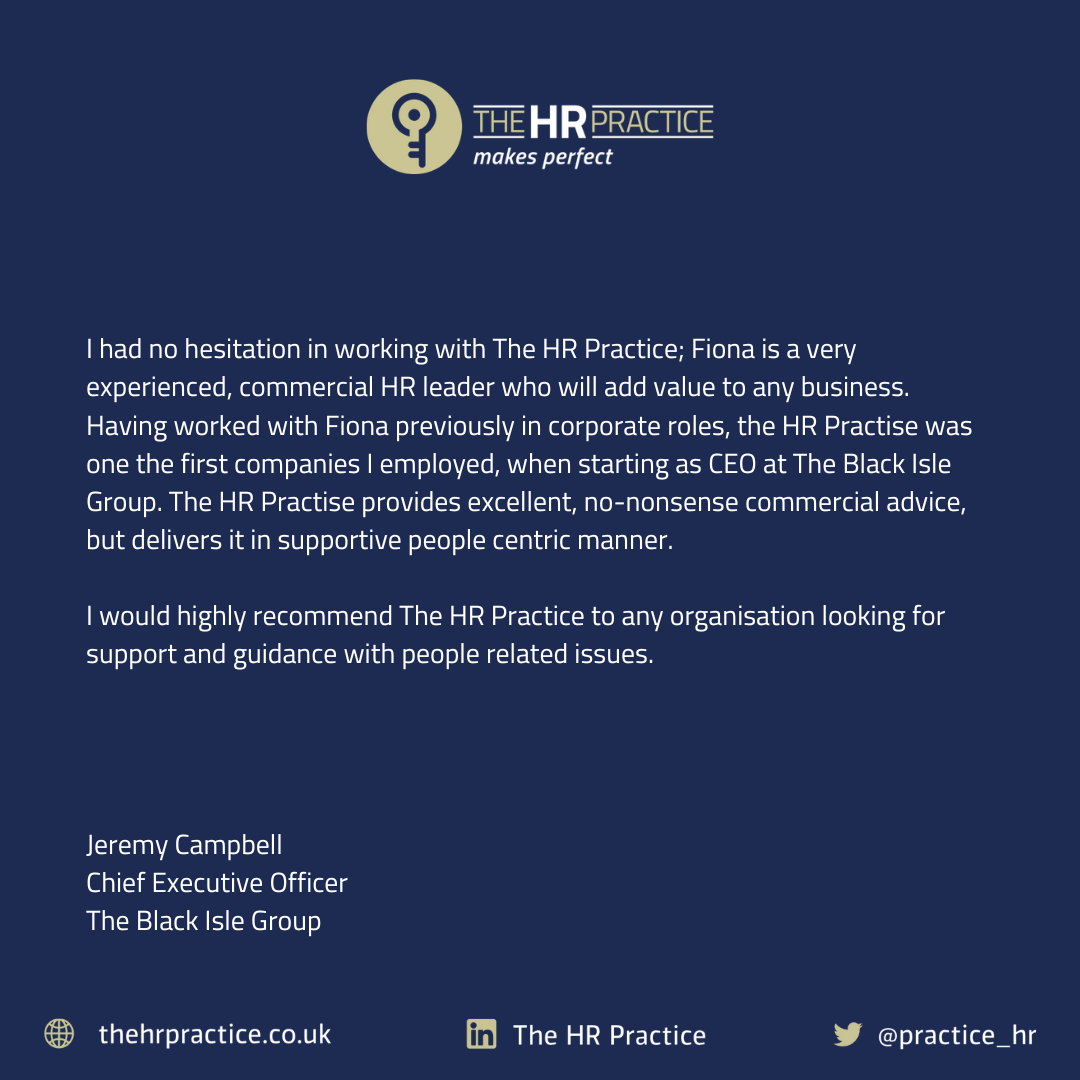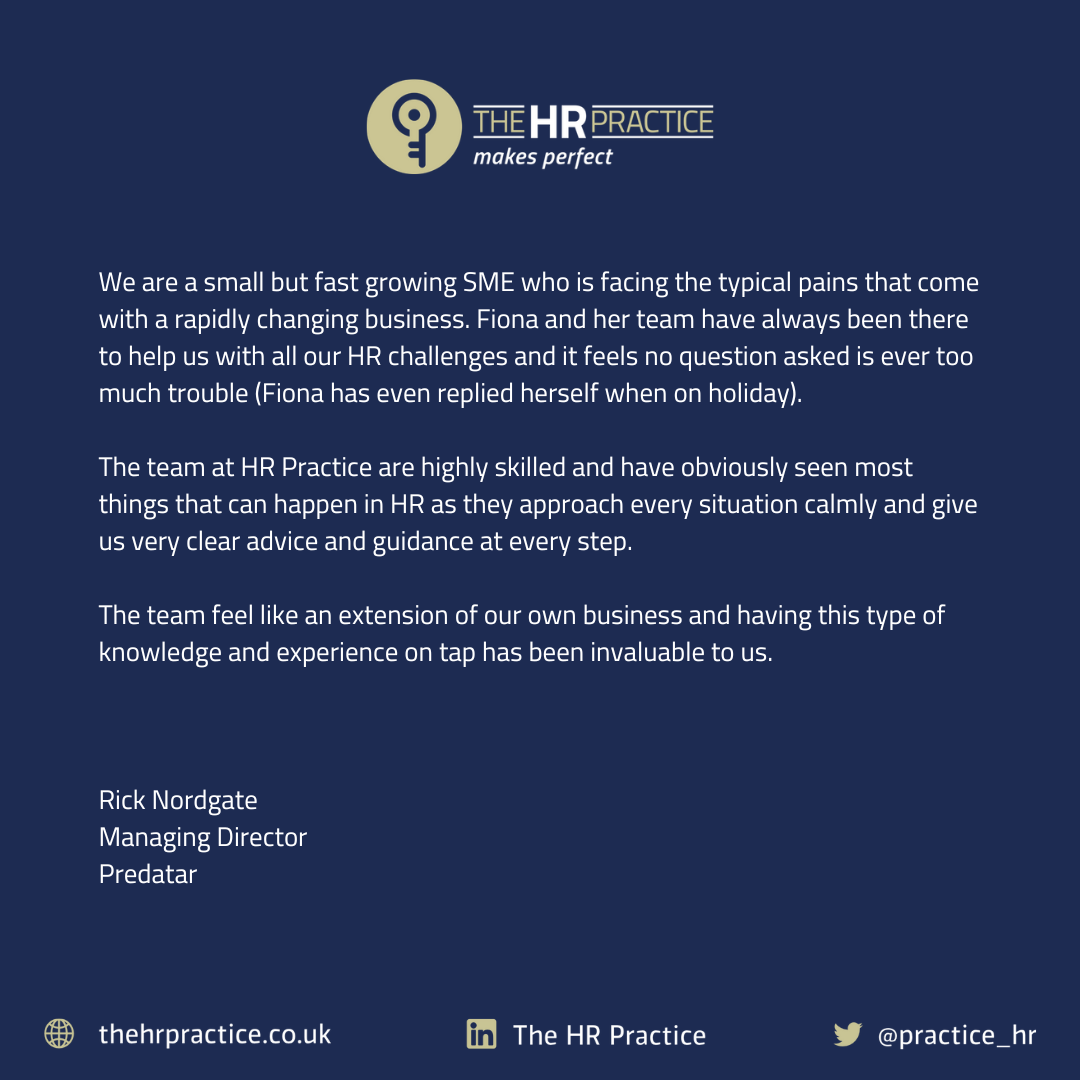The workplace has evolved rapidly over recent years, with hybrid, remote, and flexible working models becoming central to how businesses operate. Recently, Fiona McKee, Director of The HR Practice, hosted a panel discussion with Katie Gilmour from Clarity Accounting and Lisa Gallagher of Flexibility Works, diving into the benefits and challenges of these new working arrangements. Here’s a summary of the insights shared during this in-depth conversation.
1. Flexibility as a Core Principle
For many organisations, flexibility is no longer just a perk; it’s a critical component of a supportive and productive workplace. At Clarity Accounting, flexibility is embedded in their work culture. Katie Gilmour explained, “When we set up Clarity, we knew we wanted to do things differently. We wanted to provide a work environment that allows our team to manage their schedules to suit their lives while delivering exceptional client service.” Their hybrid model includes core hours but allows employees to shift their working times based on personal needs, with systems in place to facilitate secure remote work even from abroad.
Lisa Gallagher highlighted that flexible working isn’t just about location: “It’s about the ‘where, when, and how much’ of work. Flexibility can apply to almost any role, even frontline positions.” She cited examples from Arnold Clark, where employees have access to a few flexible hours each week, and a Scottish electronics company that introduced staggered start times and part-time options for pre-retirement staff. These initiatives show that flexibility can extend across various industries and positions, supporting work-life balance and enhancing job satisfaction.
2. Trust and Communication are Key
Effective flexible working relies on mutual trust and open communication. Fiona McKee shared, “Trust is crucial to making flexible work successful. At The HR Practice, we encourage our team to manage their own time, which we believe fosters accountability and engagement.” Katie added that at Clarity Accounting, regular weekly work plans help the team stay on track with client commitments while managing their schedules independently.
“Clear communication and setting expectations are essential,” noted Lisa. “Especially in larger organisations, where team charters can be useful, defining expectations and schedules makes flexibility work on a practical level.” Many businesses are finding that the shift from presenteeism to an outcomes-focused approach, where goals and results take priority, enhances both productivity and employee morale.
3. Flexibility as a Competitive Advantage
Offering flexibility has become a key factor in attracting and retaining talent. Lisa shared, “Our research shows that 85% of workers in Scotland either have or want flexibility in their roles, often valuing it over salary. If you’re not advertising flexible options, you may be missing out on quality candidates.” Katie echoed this sentiment, adding that “flexibility is essential, but it has to work for both the employee and the business.” By openly advertising flexible working arrangements, organisations can establish themselves as responsive to the needs of today’s workforce.
4. Legal Considerations and Contractual Clarity
When adopting flexible or hybrid working models, updating contracts to reflect these changes is critical. Fiona explained, “If flexibility is not offered across the board, follow the flexible working policy and make specific adaptations in individual contracts. For permanent changes, like a formal hybrid or remote working model, it’s essential to update employment contracts accordingly.” This approach provides clarity and legal protection for both employees and employers, ensuring that new working arrangements are clearly outlined and enforceable.
If you’re considering flexible working for your business, it’s worthwhile consulting with HR experts to ensure your contracts remain compliant and reflect your company’s unique needs.
5. The Power of a Positive Work Culture
A successful flexible working model is underpinned by a strong, positive work culture. Katie shared her experience at Clarity Accounting: “We’ve worked hard to create a workplace where people feel trusted, valued, and empowered. Our team knows they can rely on each other, which makes flexibility work so well here.” Fiona added, “The key to making flexibility successful is balancing business needs with the needs of employees. When employees feel valued, they’re more likely to go above and beyond, creating a strong, motivated team.”
Lisa highlighted the importance of open feedback and communication. “Managers should regularly check in with employees on how their work-life balance and working patterns are working for them. This approach builds stronger relationships and ensures that flexibility genuinely supports well-being.”
Contact Information
For further advice on implementing flexible, remote, or hybrid work arrangements, you can reach out to any of the panellists:
- Fiona McKee, Director of The HR Practice, at
This email address is being protected from spambots. You need JavaScript enabled to view it. - Katie Gilmour, Operations Director at Clarity Accounting Scotland, at
This email address is being protected from spambots. You need JavaScript enabled to view it. - Lisa Gallagher, Co-Founder of Flexibility Works, at
This email address is being protected from spambots. You need JavaScript enabled to view it.
Flexible working is here to stay, and for businesses that embrace it with clear policies, strong communication, and an open mind, the potential benefits are significant. Whether you’re a small team or a larger organisation, flexibility could be a step towards building a more resilient, motivated, and productive workforce.

